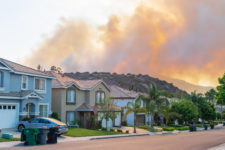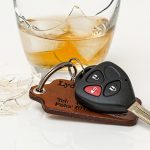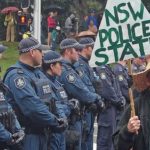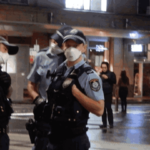Scammers, looters and arsonists – the dark side of the bushfire tragedy

National disasters such as Australia’s current bushfire crisis, usually inspire our communities to rally together – to help each other when we need it the most. But sadly, there are always those willing to take advantage of the misfortune of others.
This sad reality has been made evident in recent weeks with reports from Victoria that scammers have been knocking door-to-door seeking donations, only to use the money for their own purposes. The New South Wales Royal Fire Service Commissioner has also issued a warning to be vigilant when making donations online, by seeking out registered charities.
Make sure your money goes where you want it to
In Australia, charities are governed on a state and territory basis. They must be registered and also have Deductible Gift Recipient status (DGR), which enables the organisation to receipt every donation over $2.00, so you can use this as a deduction on your tax return.
In New South Wales, the Department of Fair Trading is responsible for overseeing the prudent management and operational practices of charities.
If you suspect a scam, you can also call the Australian Competition and Consumer Commission (ACCC) on 1300 795 995 or make a report via scamwatch.com.
If you suspect that you have been scammed, you may find some recourse through your bank, or refer the matter to police for investigation.
Cases of fraud in New South Wales are often prosecuted under section 192E of the Crimes Act, which makes it an offence punishable by a maximum penalty of ten years in prison to obtain property belonging to another, or to obtain any financial advantage or cause a financial disadvantage to another, where this is done dishonestly and by any deception.
Looting
Three people were recently arrested in Bateman’s Bay for allegedly looting houses on the frontline of the fire emergency, and have been charged with larceny offences.
While there is no specific offence of looting in New South Wales, or for that matter, in the ACT, Western Australia or the Northern Territory, both South Australia’s and Queensland’s criminal codes contain the discrete offence of looting. In Queensland, the offence is punishable by up to 10 years in gaol.
In South Australia, the penalty for looting was increased in 2012, with a 10-year prison term as the maximum sentence for a basic looting offence and up to 15 years behind bar for an aggravated offence.
Arson
Regrettably, there are a small minority of people who may have seen fit to add to the current crisis by intentionally or recklessly lighting fires.
In New South Wales alone, police have taken legal action against 183 people for more than 200 bushfire-related offences since November last year.
Of those, 24 people have been charged over deliberately-lit bushfires, and fifty-three have been pursued for allegedly failing to comply with total fire bans.
New laws
On 17 January, new laws will come into effect across the state, to put into place tougher penalties for anyone caught throwing a lit cigarette out a car window.
Throwing a cigarette butt out a car window will cost a driver five demerit points. This will double to 10 demerit points if there is a total fire ban in place, and a fine of up to $11,000 will also apply in that case.
These don’t just apply to drivers. Passengers caught tossing a lit cigarette on or near the roadway will be hit with a $660 fine, which doubles during total fire bans.







